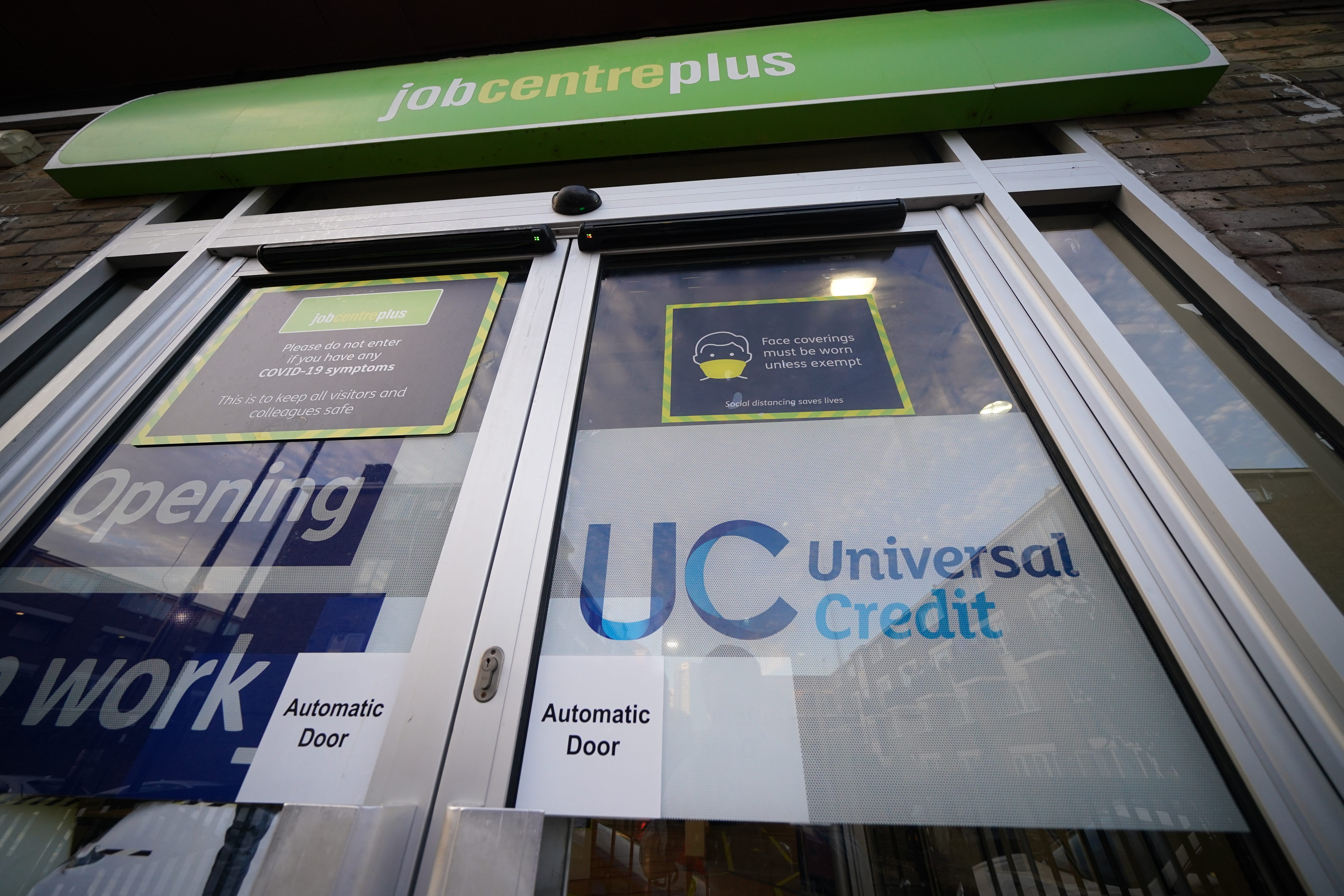Number 10 rejects UN envoy criticisms of UK welfare spending
A UN enjoy sharply criticised poverty rates and welfare spending in the country.

Your support helps us to tell the story
From reproductive rights to climate change to Big Tech, The Independent is on the ground when the story is developing. Whether it's investigating the financials of Elon Musk's pro-Trump PAC or producing our latest documentary, 'The A Word', which shines a light on the American women fighting for reproductive rights, we know how important it is to parse out the facts from the messaging.
At such a critical moment in US history, we need reporters on the ground. Your donation allows us to keep sending journalists to speak to both sides of the story.
The Independent is trusted by Americans across the entire political spectrum. And unlike many other quality news outlets, we choose not to lock Americans out of our reporting and analysis with paywalls. We believe quality journalism should be available to everyone, paid for by those who can afford it.
Your support makes all the difference.Downing Street has hit back at suggestions that the UK is breaching international law, as a UN envoy sharply criticised poverty rates and welfare spending in the country.
The UN’s special rapporteur on extreme poverty and human rights Olivier De Schutter used an interview with The Guardian to complain that £85 a week from Universal Credit for single adults over 25 is “too low to protect people from poverty”.
He suggested that it breached an the UN’s International Covenant on Economic, Social and Cultural Rights, which guarantees the right of “everyone to social security, including social insurance”.
“The policies in place are not working or not protecting people in poverty, and much more needs to be done for these people to be protected,” he said.
He told the paper that increasing Universal Credit would be “the single most important step that the UK could meet towards meeting its international obligations”.
Number 10 rejected the comments made by Mr De Schutter.
A spokesman for the Prime Minister said: “We simply don’t agree. We know that households are at least £6,000 a year better off in full-time work than out on benefits. And our record on this is clear – there are 1.7 million fewer people in absolute poverty and there are almost 700,000 fewer children growing up in workless households since 2010.
“And we have taken unprecedented levels of support post-pandemic in response to high inflation, not least paying half of people’s energy bill.”
Professor Philip Alston, the previous special rapporteur, made highly critical comments about the UK’s welfare regime in 2018 after a 12-day, nine-city trip to the UK.